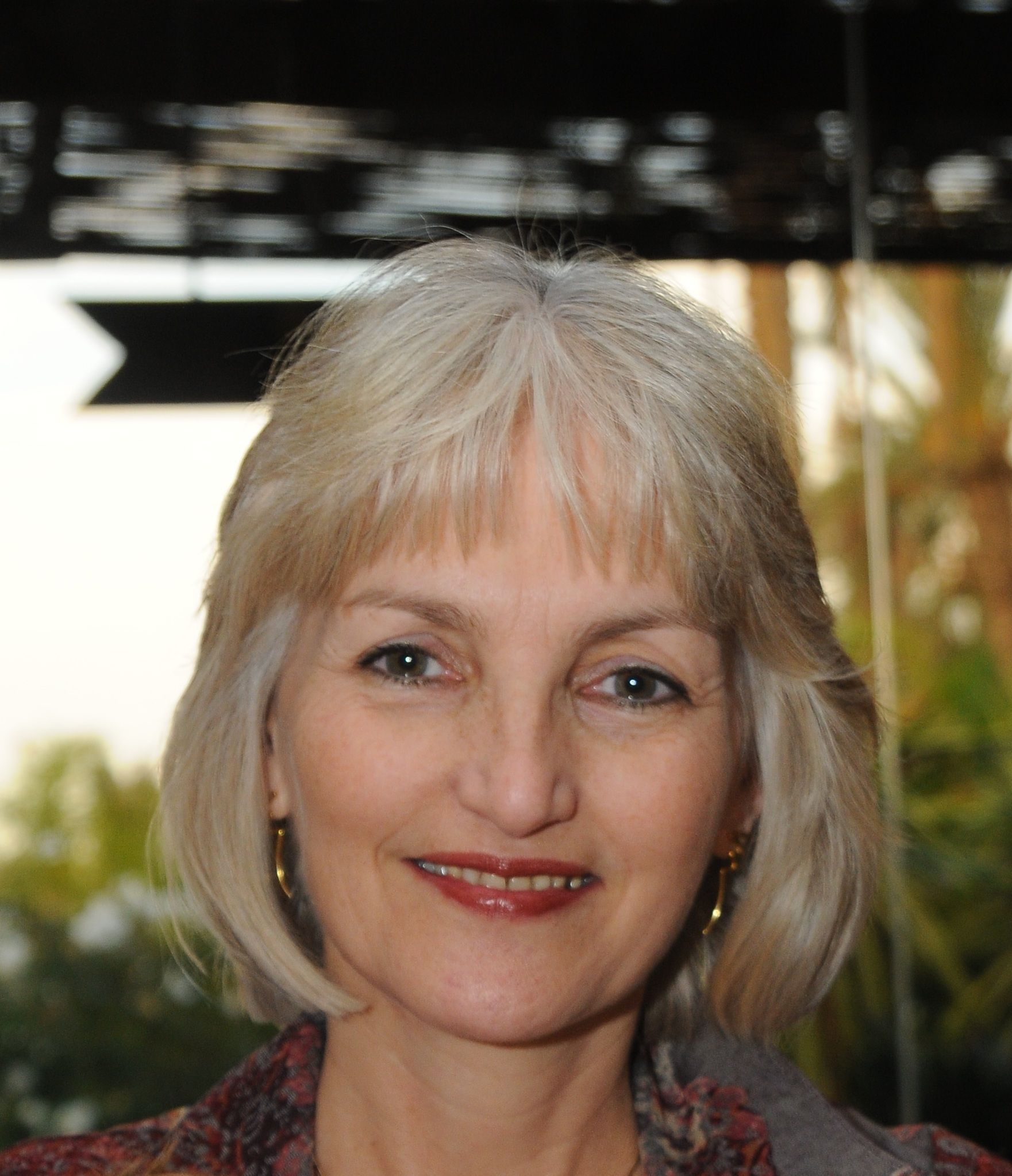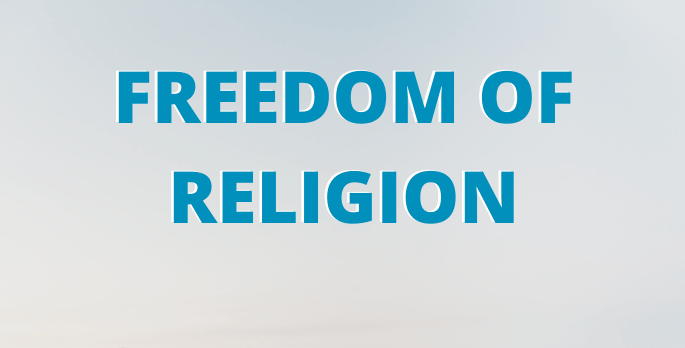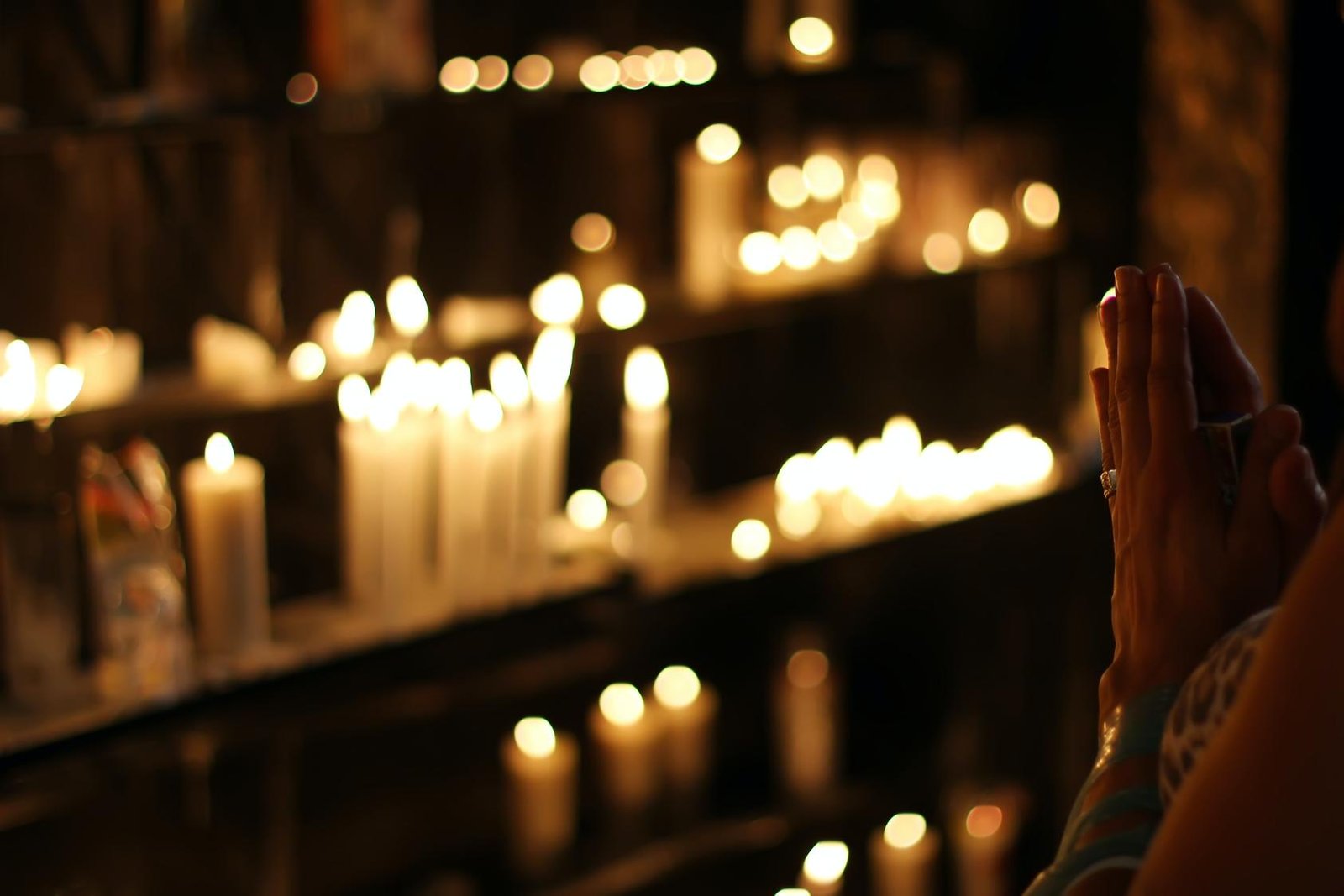Growing up in Colombia, a country with an armed conflict, filled with bombings, massacres, and displacement, I always felt the need to heal our wounds of violence and work towards the construction of peace. Fundación Mi Sangre, co-founded with songwriter and singer Juanes, has been my primary vehicle for pursuing this purpose. Since 2006, Mi Sangre has played a pivotal role in fostering systemic cultural change in Colombia by involving youth and the actors surrounding them as key contributors to personal, community, and systemic transformation. This model equips participants with life, leadership, and entrepreneurial skills, empowering them to co-create positive changes in their communities, including solutions towards peace.
Our work encompasses a multifaceted vision of leadership, emphasizing the development of both individual and collective skills. It involves nurturing awareness, empathy, critical thinking, and curiosity while fostering collaboration. We address the challenges young people face due to living in impoverished and violent environments, providing comprehensive mental health support as a valuable resource for personal and collective transformation. With this emphasis on inner work, mental health, and wellbeing, we have seen positive results not only in our participants’ lives but in the systems all around us.
From more than 15 years of service to young people in Colombia, here are some of the lessons from our journey that have now become integral to our work.
1. We can support the individual through the collective.
In dealing with trauma and other mental health challenges, some specific cases require individual psychosocial support. However, our organization and country lack the resources to provide it individually at scale. Therefore, we have integrated mental health skills into leadership programs, to offer support in a collective setting while integrating a preventive approach. These programs blend self-discovery and introspection, with safe spaces, fostering social connections and a sense of belonging. The mental health dimension of our leadership programs holds a special place in the hearts of our participants. From our retreats, I recall with emotion their warm hugs, the tears of healing they shed, and the laughter that set their spirits free, all within the safe space we helped create for them.
2. Holistic wellbeing – connecting mind, heart, body, and spirit – is essential.
Our programs prioritize a holistic approach encompassing the mind, heart, body, and spirit. Engaging the mind fosters critical thinking, self-awareness, and informed decision-making. Emotional aspects, represented by the heart, nurture empathy and meaningful relationships. Physical well-being, supported by the body, ensures energy and vitality, offering valuable wisdom through a strong mind-body connection. Nurturing the spirit, which encompasses purpose and resilience, provides inner strength to face challenges. Collectively, these dimensions empower individuals to lead authentically, while achieving significant change. Our young participants have successfully created more than 1,800 change initiatives, achieving profound systemic transformations in areas such as violence prevention, reconciliation, gender equity, migrants’ inclusion, and prevention of forced recruitment to armed groups.
3. The creative arts and nature are our biggest allies.
Creative arts and nature are central to our programs. We offer creative outlets like painting, music, and writing to serve as therapeutic outlets, hellping to alleviate stress, anxiety, and depression. Art encourages mindfulness, fostering social connections and deep interactions. Simultaneously, nature provides purpose and tranquility and teaches the vital concepts of oneness and interconnection. Whether it’s a simple walk in the park, incorporating plants, or outdoor experiences in natural settings, these holistic approaches significantly enhance our program’s effectiveness. My heart fills with gratitude when I remember a participant who shared that she had discovered the wisest counselor in nature and had never received such profound guidance from anyone else.

























































